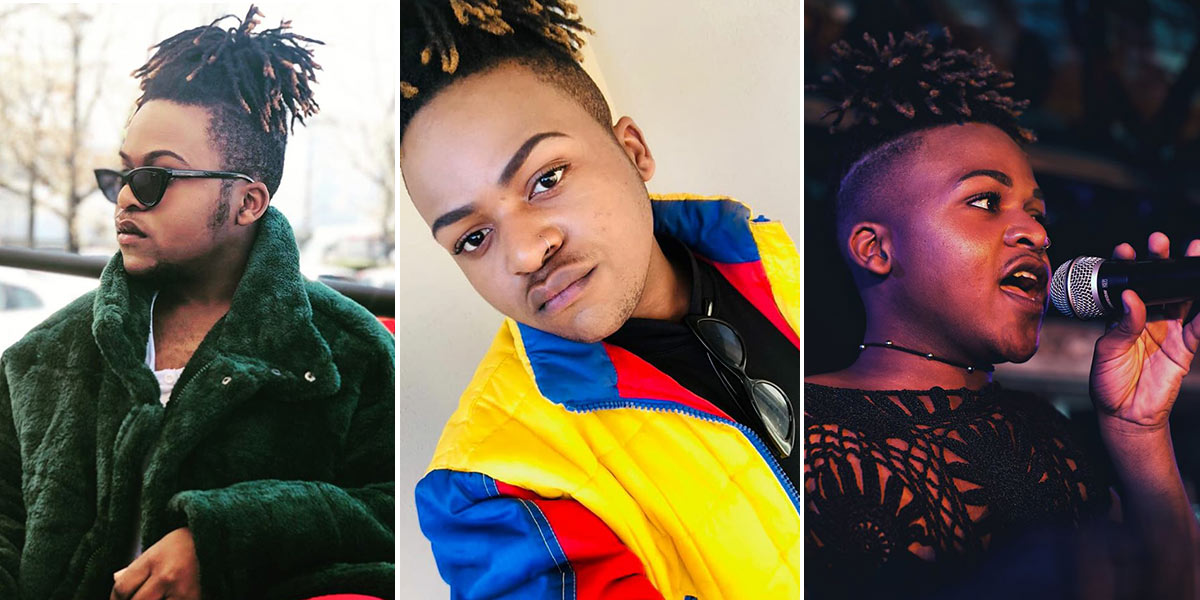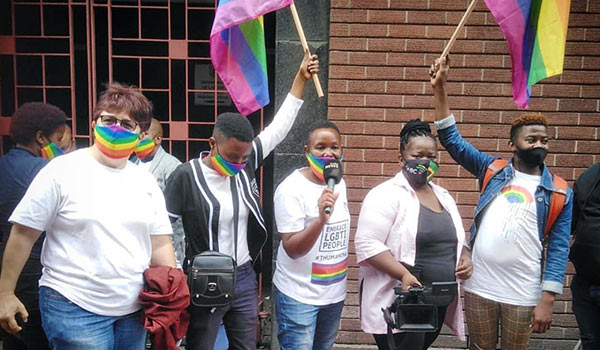Lindo Cele murder case postponed again in court bungle

The late Lindo Cele
Justice is indeed slow in Mzanzi. The trial of the man accused of murdering LGBTIQ+ musician and activist Lindo Cele in KZN has been postponed once again.
Mvuyisi Noguda is accused of stabbing the 23-year-old artist 21 times with a butcher’s knife on 6 February in a shop in uMlazi, outside of Durban, in plain sight of many witnesses.
The attack was so ferocious that, despite Cele’s desperate pleas for mercy, the knife was left embedded in his eye socket. It’s been alleged that Noguda murdered him because of his sexuality.
On Monday, Cele’s family and friends and LGBTIQ+ activists from across the province gathered at the Durban High Court for a scheduled hearing.
According to Same Love Toti’s Kim Lithgow, who attended the hearing, a number of the witnesses to the murder also arrived for the proceedings. Unfortunately, administrative confusion saw the matter being rescheduled once again.
“When the court was ready to hear the case, they thought that the accused had not been brought to court, so a police van was sent to fetch him from prison. When that van returned empty-handed, they found that he had been in the court’s holding cell with the other prisoners all along,” Lithgow told MambaOnline.
As a result of the delay, the matter was postponed to Tuesday 27 October. There have been at least four postponements in the case to date. The accused has so far been denied bail and remains in prison.
Lithgow said she was “outraged” by the delay. “These cases are not complicated, there is no real reason for the delays,” she insisted.

LGBTIQ+ activists came out to support Lindo Cele’s family at the Durban High Court on Monday (Pic: Same Love Toti)
Lithgow referred to another case involving a member of the LGBTIQ+ community, Ona Hadebe, who was assaulted in April 2019 and left in a coma for ten days.
“Still the case continues to be postponed. Everyone knows who did it. The accused in her case also does not deny that he assaulted her. He is her neighbour, so she sees him all the time. She is severely traumatised by this,” revealed Lithgow.
“These cases are further examples of why we need sexual orientation, gender identity, gender expression and sex characteristics to be taught in schools. Affirmation of diversity in schools helps create an inclusive society, which would curb the frequency of hate crimes in our communities,” she said.
Lithgow added that “Hate crime legislation is also needed to be able to adequately address this heinous evil that persists in our communities.”
Leave a Reply